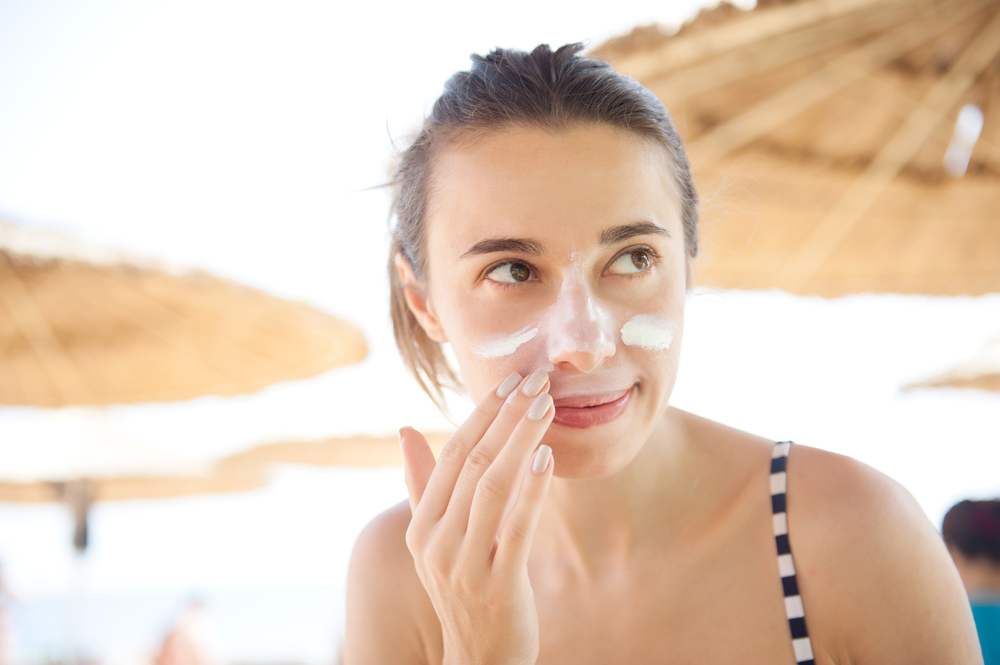The Importance of Sunscreen: Why Wear SPF?
General
•
Jul 3, 2021

Understanding the importance of sunscreen can give both adults and children more incentive to apply SPF more regularly. So, why is sunscreen important? Complete Care explains the benefits of wearing sunscreen and why it should become a part of your daily routine and not just your poolside regime.
Why is sunscreen important?
On the most basic level, the importance of sunscreen can be summarized in just a few words: it protects your skin from the sun. The sun produces natural energy in the form of ultraviolet (UV) rays that can cause damage to the skin. There are two types of UV rays that cause different types of damage if there is too much exposure:
- Ultraviolet A (UVA) –– associated with premature aging of the skin
- Ultraviolet B (UVB) –– associated with sunburns
Your skin’s outer layer is composed of cells that contain a pigment called melanin that helps to protect your skin from the sun’s rays. However, melanin can only do so much; too much exposure from these ultraviolet rays causes these cells to darken and then shed. Sunscreen acts as a shield for your skin cells and protects your skin from damage.This damage can take the form of:
- Intense or frequent sunburns. For more information, visit our blog on how to treat severe sunburns.
- Popped blood vessels in your skin
- Premature aging of the skin that causes wrinkles
- Skin cancer
Spending time in the sun, regardless of your skin type, puts you at a higher risk for sun damage. When choosing a sunscreen, look for the words “broad spectrum” –– this means your sunscreen will shield your skin against both UVA and UVB sun rays.
If you’re concerned about pool safety tips or summer safety is general, sunscreen should be a main priority. This is where choosing the right SPF becomes important when choosing what sunscreen to use.
What is SPF? Why is it important?
Sunscreen bottles have a number that indicates the SPF level (typically 15, 30, 50, and so on). SPF stands for Sun Protection Factor –– the number refers to how long your skin will be protected from burning if the sunscreen is applied. For example, if you apply SPF 30 your skin will be protected for 30 times longer than if you weren’t wearing sunscreen.
Though this means that you’re technically protected for a certain duration of time, it is generally recommended that you re-apply your broad spectrum sunscreen every two hours for guaranteed protection.
Most healthcare professionals recommend wearing a minimum of SPF 15 even when the sun is not out. For more detailed information on SPF, see our article “Is higher SPF better?”
What happens if you never wear sunscreen?
The answer is pretty simple: you will be putting your skin at risk for painful sunburns, premature wrinkles, dark spots, and skin cancer.
As a result of sun damage, skin cancer is on the rise. According to the Skin Cancer Foundation, 1 in 5 Americans will develop skin cancer by the age of 70. If you choose not to wear sunscreen and get sunburnt often, you will be doubling your risk for melanoma –– a serious type of skin cancer.
Skin cancer, along with sunburns and premature aging, can all be easily prevented by simply wearing sunscreen when outside. Protecting your skin from these damages is a great reason why you should wear sunscreen every day and avoid an emergency from taking place.
For any summer emergency, head to a Complete Care facility!
The importance of sunscreen is just one factor in the topic of sun protection. Along with sunburns and the risk of developing skin cancer, increased sun exposure can lead to heat stroke, one of the most common summer injuries we see when the weather gets warmer.
If you face any medical emergency this summer and are in need of emergency care service, come to Complete Care. With hospital-grade technology and fully stocked emergency facilities in Texas and Colorado, our staff has everything we need to take complete care of you.
To visit a Complete Care location, find the closest of our locations to you or give us a call today.
More Helpful Articles by Complete Care:
